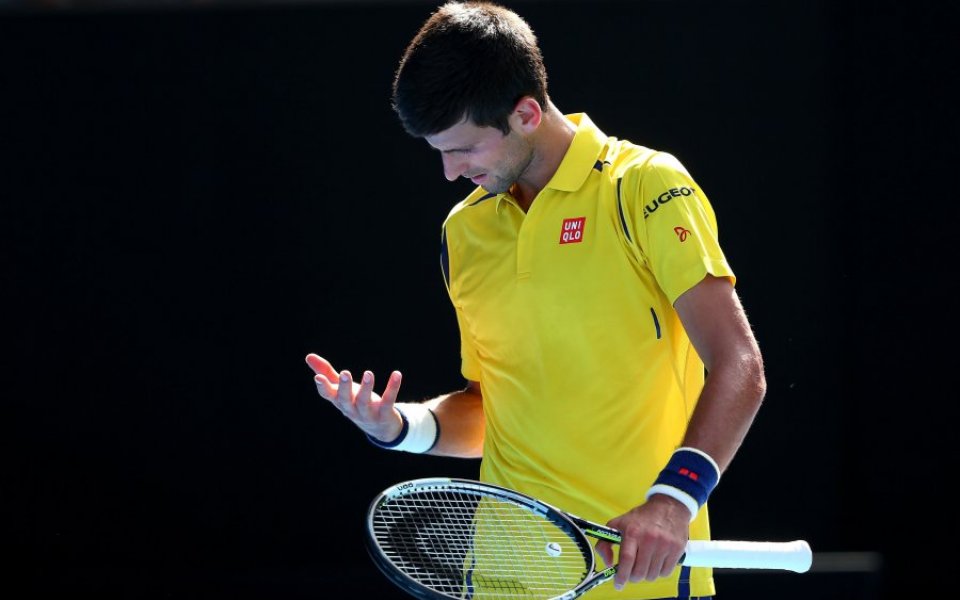Tennis match-fixing: Why sport authorities should outsource governance and regulatory work to independent bodies to avoid corruption scandals

Unless governance rules within sports are drastically changed or all regulatory functions are outsourced to an independent body to oversee all sports, the current accusations of corruption engulfing tennis and athletics will continue to occur.
Recent claims of suspicions of match-fixing in tennis being ignored by the sport’s authorities may well come to nothing, unlike those of doping in athletics or corruption in Fifa. Proving match fixing or any other form of interference with the integrity of a competition such as spot-fixing, is notoriously difficult. The starting point is establishing an irregular betting pattern, as criminals mostly aim to prosper by betting on matches where they know the outcome. Large sums of money being bet on an obscure match, in which there is a surprising result would be an example of such an irregular pattern.
However, an irregular betting pattern is only the start. To prove wrongdoing that pattern needs to be linked to the conduct of the player or other regulated people in the sport. To do this, the governing body needs to examine other evidence such as telephone records, banking records, and betting accounts to establish a concrete connection between the irregular pattern and player involved. This is much more difficult to do when, as appears to be the case in the BBC and BuzzFeed News investigation into possible tennis match-fixing, the trail has gone cold.
Read more: Murray – All sports need more transparency to beat corruption
Of more interest to professionals is that a number of commentators are focusing upon the fact that when the Tennis Integrity Unit (TIU) has done its work, the decision whether or not to prosecute was one to be taken with the relevant international federations – the International Tennis Federation (ITF), the Association of Tennis Professionals (ATP) and the Women’s Tennis Association (WTA). Could they – or indeed any governing body – have a conflict of interest in making such a decision?
It’s easy to see why a potential conflict might exist. At its heart, the legitimacy of any national or international sports governing body is based upon the fact that it owns and regulates competitions, the rights to which it can sell and from which it can exclude rule breakers. As such bodies are the promoters of events and they need the public to be interested in them and believe in them. Do they really want to undermine all of this by drawing attention to the cheats and to the fact that their competitions may be rigged?
Read more: Seb Coe must finally face up to the scale of athletics' problems
In the past, governing bodies dealt with this by having a clear line of demarcation between regulatory and commercial functions. What other recent corruption scandals in sport have demonstrated is that these lines of demarcation can be broken by determined and powerful corrupt officials. What is to stop this from happening again?
Nothing is the answer unless governance rules within sports are rewritten to prevent these lines of demarcation ever being breached again in the future, which itself may prove politically difficult). If this is so, the only answer would seem to be the increasing removal of certain key regulatory functions from sports governing bodies. All anti-doping functions could be outsourced to WADA. Equally, all anti-corruption work could be outsourced to a new body tasked solely with integrity and funded by international federations.
With all possibility of interference removed, perhaps only then will we see public confidence returning to the policing of integrity in sport.